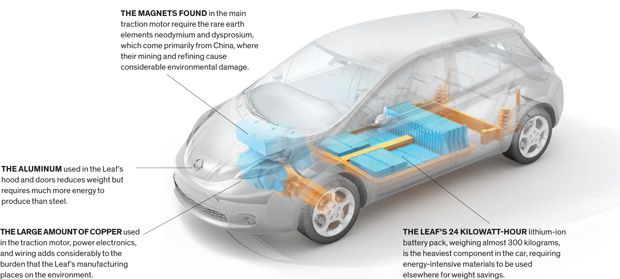Volkswagen to build 270 mpg XL1
The XL1's showstopping 270 miles per U.S. gallon (or about 0.87 L/100 km) rating is achieved via groundbreaking aerodynamics, the use of lightweight materials and a gas-electric, plug-in hybrid powerplant that marries an 800 cc two-cylinder diesel engine and an electric motor rated for a combined 74 horsepower. Yet, VW says the XL1 needs just 8.3 hp to drive steadily at 100 km/h. 
Confirmed for Europe, VW hasn't said if the XL1 will come to North America. 






